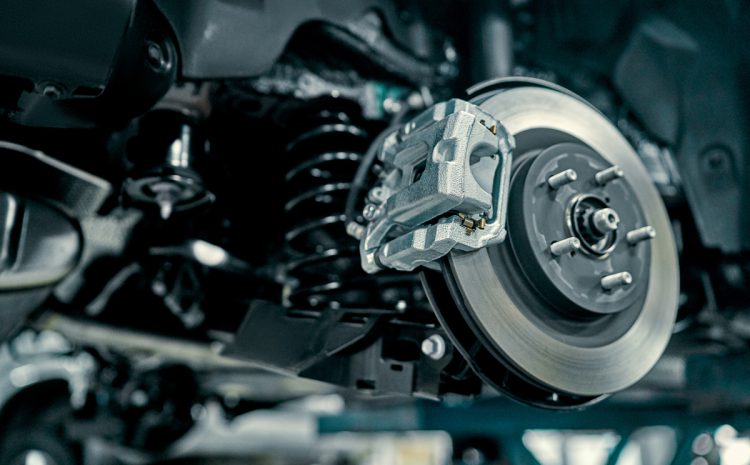
7 Subaru Brake Inspection Types
The most important safety component of the car is the brakes. Understanding how to maintain and repair your brakes will help you increase your safety and that of the passengers. If your emergency brake is activated or there has been a significant loss of hydraulic pressure in your brake system, a signal will turn on to alert you of the problem. Visit a certified Subaru mechanic Carol Stream Service Center right away. The following are typical indications of possible failures in your car’s brake system:
1. A low or spongy brake pedal
Your brakes may feel spongy or move closer to the floor than typical for a variety of reasons. This issue can just need a small tweak, or it could be far more problematic and will require that you have your car inspected. Visit a Subaru-certified mechanic Carol Stream servicing facility.
2. Tactile Brakes
Touchy brakes grasp and stop when the pedal is not pressed down. It could be a very serious condition or something as simple as a tainted brake lining.
3. A loud shrieking sound
Keep calm if you hear a high-pitched screeching sound when you apply the brakes; they aren’t about to fail. The screech is produced by a tiny bit of metal that is integrated into your brake pads to alert you that the pads are running short and must be changed. So as soon as the brakes start to sound, contact a Subaru auto repair Carol Stream service and set up an appointment as soon as possible.
4. Vibration of the brake pedal
When your car’s rotors are warped, the brake pedal will vibrate or pulse. Deformation might occur for many reasons. Rotor replacement is necessary if they are too thin and old since they are prone to warping.
5. A sluggish reaction to brakes.
A brake system leak may be the cause that your car’s brakes aren’t responding quickly as they should. Visit an independent Subaru repair Carol Stream facility to get your car’s brake system inspected and find out where the leak is.
6. Loud grinding noises
If you missed the screeching reminder of your brake pads becoming low, you will soon be hearing an even worse sound. The loud grinding noises you’ll hear would be indicating that the brake pads have entirely worn down. The metal plate is rubbing against the rotor and making a grinding noise, so replacement at this point is out of the question. Your brakes may stick for a little bit longer as a result of this damage to the rotors, or even melting the metal together. This is a safety hazard and needs to be addressed right away. Bring your car into the Subaru-certified mechanic Carol Stream facility and we will take care of it.
7. Very unresponsive brakes
If you have to almost fully depress the brake pedal for them to work, this may be caused by a low level of braking fluid, the air in the fluid, or too thin brake pads. It can also be a sign of a hydraulic system issue. Visit Subie Clinic, which is an independent Subaru repair Carol Stream facility to get your car’s brake problem diagnosed and sorted out.
